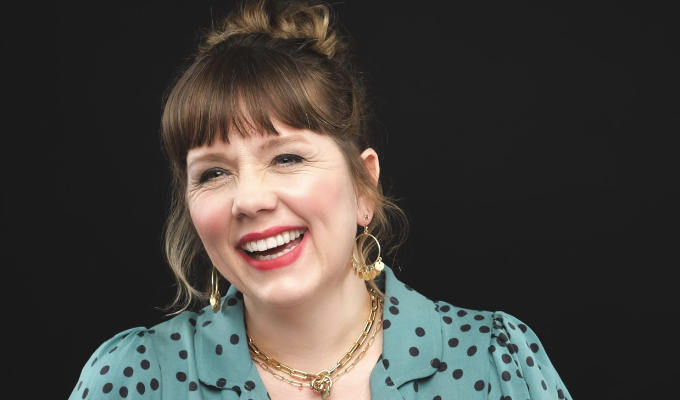Comedians vs critics
Joe Daniels tries – and fails – to sit on both sides
There is one major dichotomy in showbusiness; one that is so engrained in its culture and history that if shaken, the whole industry would collapse. I refer, of course, to the divide between the performers and their critics. The ongoing battle between the two groups is one I was always aware of, but had never fully experienced. This, however, changed last month.
Like so many others, I spent August in darkened rooms – emotionally, physically, and fiscally destroying myself in Edinburgh. While the annual pilgrimage is a bizarre phenomenon, it is also an inevitable one. It’s guaranteed to bankrupt all the new comedians who take shows there, but it’s the only place where there is any real chance of professional advancement.
While I am like so many other new comedians in that I went to Edinburgh to performer, I also went as a critic, writing for Scotsgay. Initially, I thought it would be great; I’d get to see all the shows I wanted for free, expose the talentless comics, and rub shoulders with my comedy heroes, while gigging around town myself.
However, reality sunk in as soon as I arrived. On the first night, I saw Russell Kane’s show, Human Dressage, and enjoyed it – I laughed throughout, and encouraged my friends to go see it. That said, I did find parts of the show to be weak, and awarded the show a three-star review. I’ve never liked the star system; I think it is fundamentally flawed in that no show can be accurately summarised by five shapes. But that was something I had to deal with, and so Russell had his three-star review on day one.
I carried on reviewing without deliberating too much on the star system, and it was not until a few days later that I actually realised the effect reviewing can have, when Russell approached me in the Pleasance Courtyard to reprimand me about my comments. While he was just being jovial, and is clearly thick skinned enough to take a three-star review from a hack journalist in his stride, the whole incident did shock me into the realisation that criticism reaches its subject, as well as its audience.
Added to my constant paranoia about bumping into angered comedians was my guilt about being part of the industry I was criticising. Normally, the divide between critic and comic is clear-cut; critics say what they want, and comics get offended and bitch about it – but here, I was both in one, and what’s worse still is that I was proficient at neither. I was slagging off comedians, while being nowhere near as good as them, and I was doing it in a hack way. I was the fat guy shouting advice at footballers on TV, except I had the audacity to do it on the pitch!
Criticism itself is a pointless exercise most of the time. This is clear in the rise of the celebrity critic. Mark Kermode’s film reviews are never really about the film, and closer to home, Kate Copstick’s comedy reviews are never really about the comedy. The problem with both of these critics, and many others, is that they have become the attraction, and what they are reviewing is less relevant, and as such, their journalism has become sensationalist. Just look at the farce that took place on the eve of the Fringe with Brian Logan embarrassing both himself and The Guardian by falsely shaming a group of comics as racist.
My experience as a journalist made me realise just how irrelevant most reviews are, owing to the highly subjective nature of comedy. There is an example on this very site, where Chortle gave William Andrews two stars, citing his off-night as one of the problems with the show. I saw him on the same night and awarded him four. Neither review is right or wrong, and for every bad review a comic gets, there is likely to be a good one to equal it.
While some shows such as Frisky and Mannish’s School of Pop, and Richard Herring’s Hitler Moustache take four/five-star reviews across the board, the more oddball, inaccessible stuff is virtually impossible to reach a consensus on. It’s highly unlikely that Simon Munnery will ever produce a show that the critics agree on, and this is a good thing, as it gets people to see shows and make their own minds up. After all, most reviewers are just bitter that they can’t do what their prey can, so they fill column inches with their two cents worth.
So, why did I accept the press pass and review throughout the festival? I am attempting a career in comedy myself, and surely this was a major misstep. It is said that the only thing comedians hate more than successful rival comedians are critics. But it’s done now, and I’ve offended people way more talented and successful than myself, and no doubt royally shot myself in the foot. But on the plus side, I do now understand just how meaningless my opinion is, as well as the opinions of all the other critics, and I did get to see all the shows I wanted for free.
Published: 2 Sep 2009






